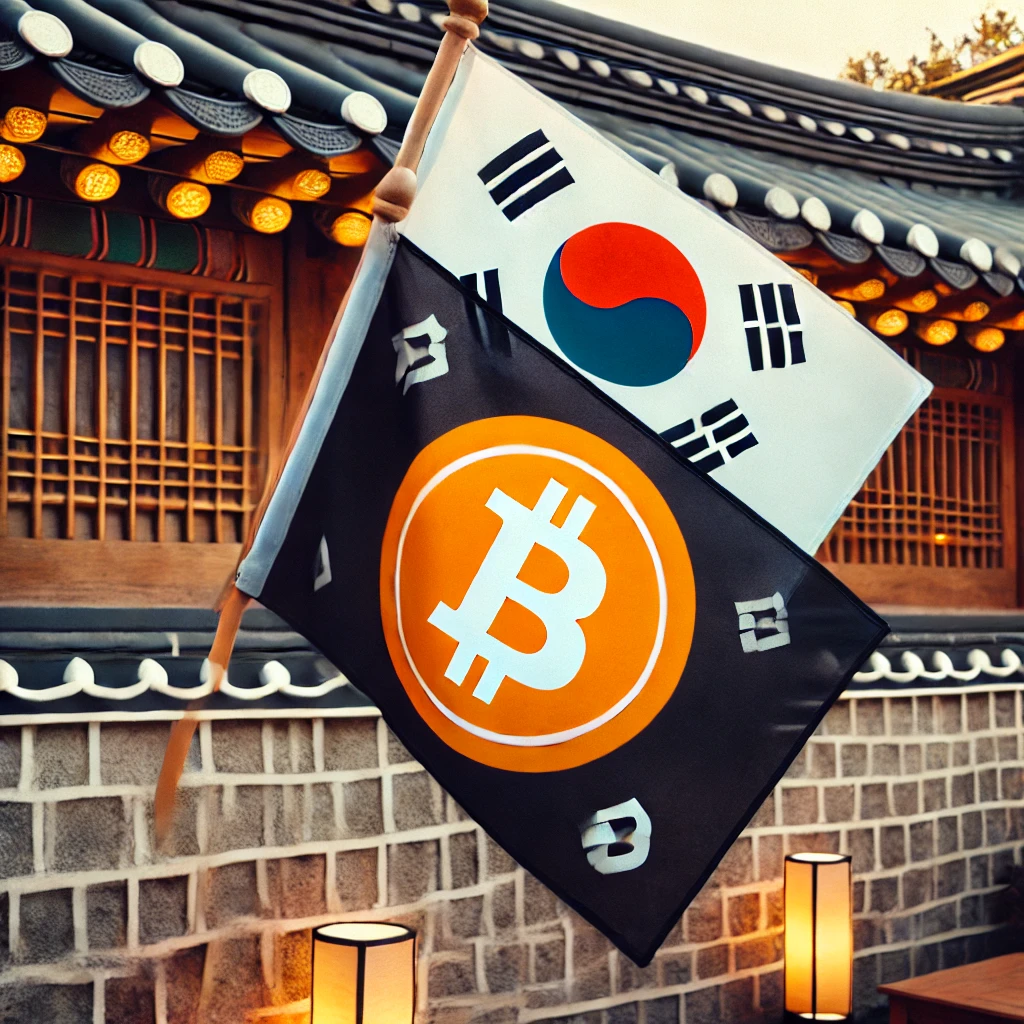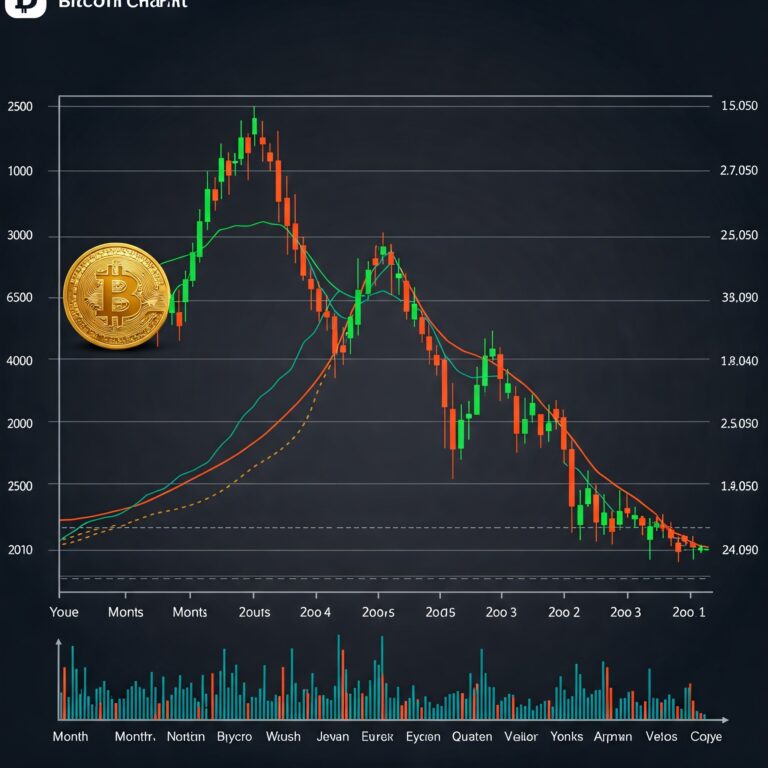
South Korea Exchange Chief Calls for Immediate Crypto Institutionalization
The Korea Exchange’s chairman recently emphasized that South Korea must reassess its stance on cryptocurrencies and institutionalize digital assets swiftly to remain competitive globally. This urgent call comes as political turbulence within the country delays all crypto-related regulations until 2025.
Push for Change Amid Political Uncertainty
On Sunday, Jeong Eun-bo, Chairman of the Korea Exchange, urged policymakers and financial institutions to adopt a new perspective on digital assets. Speaking to Maeil Kyungjae, Jeong pointed out that the cryptocurrency market has grown exponentially, making it a significant player that “cannot be ignored by traditional financial markets.”
Jeong argued that South Korea must integrate digital assets into its institutional finance framework to remain globally competitive. The chairman warned that the nation risks falling behind if cryptocurrencies continue to be dismissed as mere speculative instruments.
“If we continue to vaguely treat cryptocurrencies as speculative assets and hold those who adopt them liable, we will fall behind in international competitiveness,” Jeong cautioned.
Highlighting the crypto market’s influence, Jeong revealed that digital assets were a key topic of discussion at the recent World Federation of Exchanges (WFE) meeting. According to him, it will be “difficult” for stock exchanges to sustain profitability by ignoring the rising influence of cryptocurrencies. He emphasized the need to “quickly institutionalize the crypto market to generate new added value.”
Jeong further noted the crypto market’s rapid rise, particularly after the U.S. post-election rally in November. Trading volumes in the digital asset space surpassed those of South Korea’s domestic stock market, which saw a $14 billion turnover, while cryptocurrency exchanges recorded an impressive $34 billion in trading activity during the period.
Crypto Regulations Delayed Until 2025
Despite Jeong’s recommendations, crypto regulations in South Korea remain on hold due to ongoing political instability. On December 3, President Yoon Suk Yeol declared emergency martial law for the first time in 40 years, citing a need to combat pro-North Korean forces and safeguard constitutional order. The decision sparked nationwide panic and political backlash.
The National Assembly swiftly nullified Yoon’s declaration and later impeached him, leading to his suspension from office. The Constitutional Court is now tasked with determining whether to reinstate or officially remove Yoon from power, a process that could take up to 180 days.
The political upheaval has effectively stalled progress on crypto regulations. Reports from local media indicate that it is “impossible to expect a vote” on digital asset policies until the situation stabilizes. However, discussions on cryptocurrency regulation are anticipated to resume in the first half of 2025, once the political crisis is resolved.
The first pretrial hearing on Yoon’s impeachment is scheduled for December 27, leaving the crypto market in a state of uncertainty as it awaits further developments.






